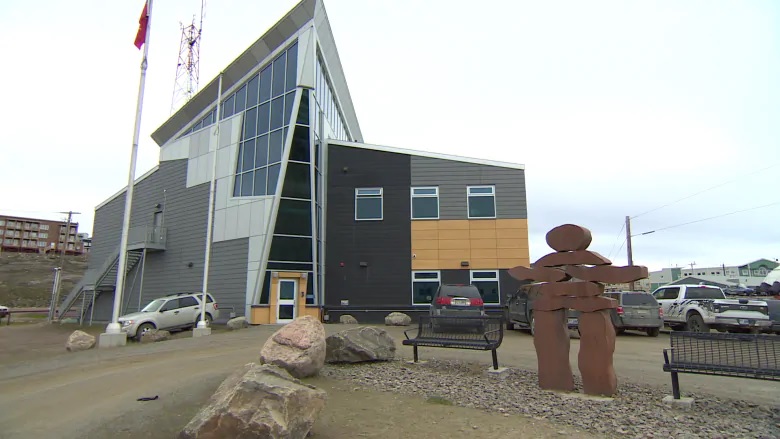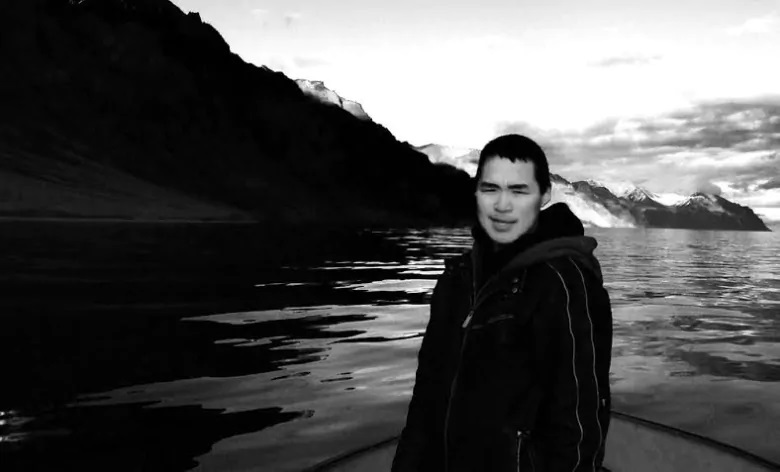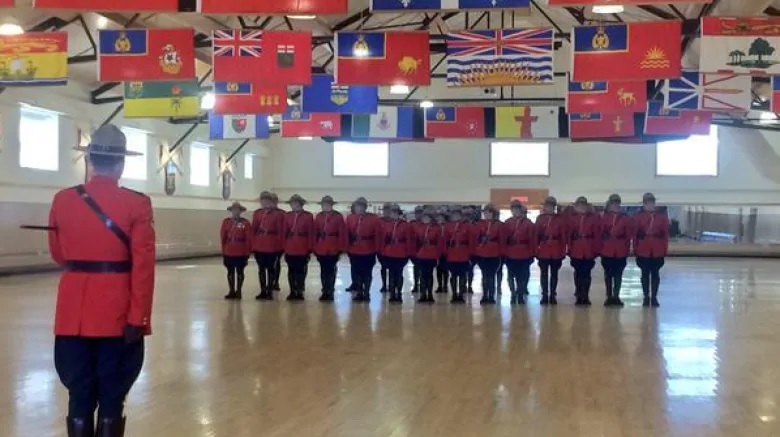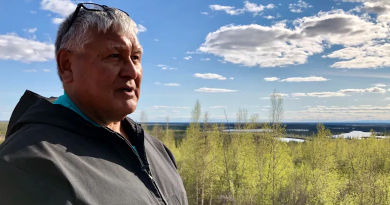Canada’s federal police launches recruitment program aimed at Nunavut Inuit

RCMP’s V Division wants Nunavut Inuit to join the police force.
The Mounties, Canada’s federal police, have partnered with Makigiaqta Inuit Training Corporation, a branch of Nunavut Tunngavik Inc., on a mission to recruit Inuit to the RCMP.
“We haven’t had success hiring Inuit people into the RCMP for the last 15-odd years,” said Cpl. Dmitri Malakhov with V Division’s recruiting section in Iqaluit.
“We recognize that that’s a problem.”
The goal is to strengthen community-police relationships by getting Inuit police officers to patrol Nunavut communities — officers who have a “deep understanding of how things work here, how people communicate with each other, the cultural nuances, and so on,” said Malakhov.
The program is meant to prepare prospective officers for the RCMP’s admissions test, as well as the six months of basic training they will get at what is called “depot” in Regina, if accepted.
Rocky relations
Relations between the RCMP and the people of Nunavut have not been easy.
In 2017, Kunuk Qamaniq, a 20-year-old man from Pond Inlet, was shot and killed by RCMP at the hamlet’s cemetery. In their lawsuit against the police, Qamaniq’s family said RCMP failed to “invest in, find, recruit and support RCMP officers who speak Inuktut and who have relevant Inuit community knowledge and experience.”
Their statement of claim also alleged “personal and cultural biases of the officers.”
It wasn’t the first police shooting in the territory. Five years before Qamaniq was killed, an RCMP officer shot and killed 30-year old Felix Taqqaugaq in his home in Igloolik.

Bringing down barriers
RCMP hope this recruitment program will help bring down barriers that prevent Inuit from applying to the force.
One such barrier is the unrestricted driver’s licence requirement.
In Nunavut, only Iqaluit, Rankin Inlet and Gjoa Haven have motor vehicle offices, said Malahkov.
He said the RCMP is now allowing people from Nunavut to apply with a restricted licence, understanding that once they have been recruited, they will work toward getting their unrestricted driver’s licence.
Another obstacle standing in the way of potential Inuit applicants, said Malahkov, is the prospect of having to move far away to work.
“RCMP officers move across the country all the time,” he said. “Given the special connection that Inuit have to their families, to the land, to the culture, it may be a challenge to go and be asked to move to, let’s say, Halifax or Surrey.”
The force is now open to allowing officers from Nunavut to stay in Nunavut, if they so choose.
“We are going to be working with new members from Nunavut to make sure that they can advance their careers, they can seek leadership opportunities, they can develop themselves while remaining in the territory, close to their home, close to the families,” said Malakhov.
There are some prerequisites, however, that the RCMP would not waive.
One is a high school diploma. Another is fluency in English.
Additionally, “you must be of sound character,” said Malakhov. “We just cannot take people who have questionable morality.”

‘Quite an intense process’
The four-month program is set to begin in January 2020. Participants will be brought to Iqaluit, where they will take literacy and numeracy training, and learn police skills and coping mechanisms.
At the same time, they will go through medical and security screening, which is “quite an intense process,” said Malakhov.
“We talk to all their relatives, their friends, their teachers, all that kind of stuff, to make sure that they have a background that’s suitable to be an RCMP officer,” he said.
The program, which is funded by Nunavut Tunngavik Inc. and staffed by the RCMP, is “all-expenses-paid,” said Malakhov. Participants will get food, accommodation and travel costs covered, as well as a weekly stipend.
Nunavut RCMP are preparing for 10 participants, but Malakhov said they will not turn away any qualified candidate.
“If there [are] 15 good, qualified applicants, we will move the numbers around to make it work,” he said.
Even if just two or three participants move on to the training academy in Regina, Malakhov said, he will consider the program “a grand success.”
Written by Sidney Cohen, based on interviews by Kieran Oudshoorn and Jordan Konek
Related stories from around the North:
Canada: Police force in Northern Quebec faces officer shortage, CBC News
Finland: Police in Northern Finland overstretched, says retiring officer, Yle News
United States: Lack of village police leads to hiring cops with criminal records in Alaska: Anchorage Daily News, Alaska Public Media



